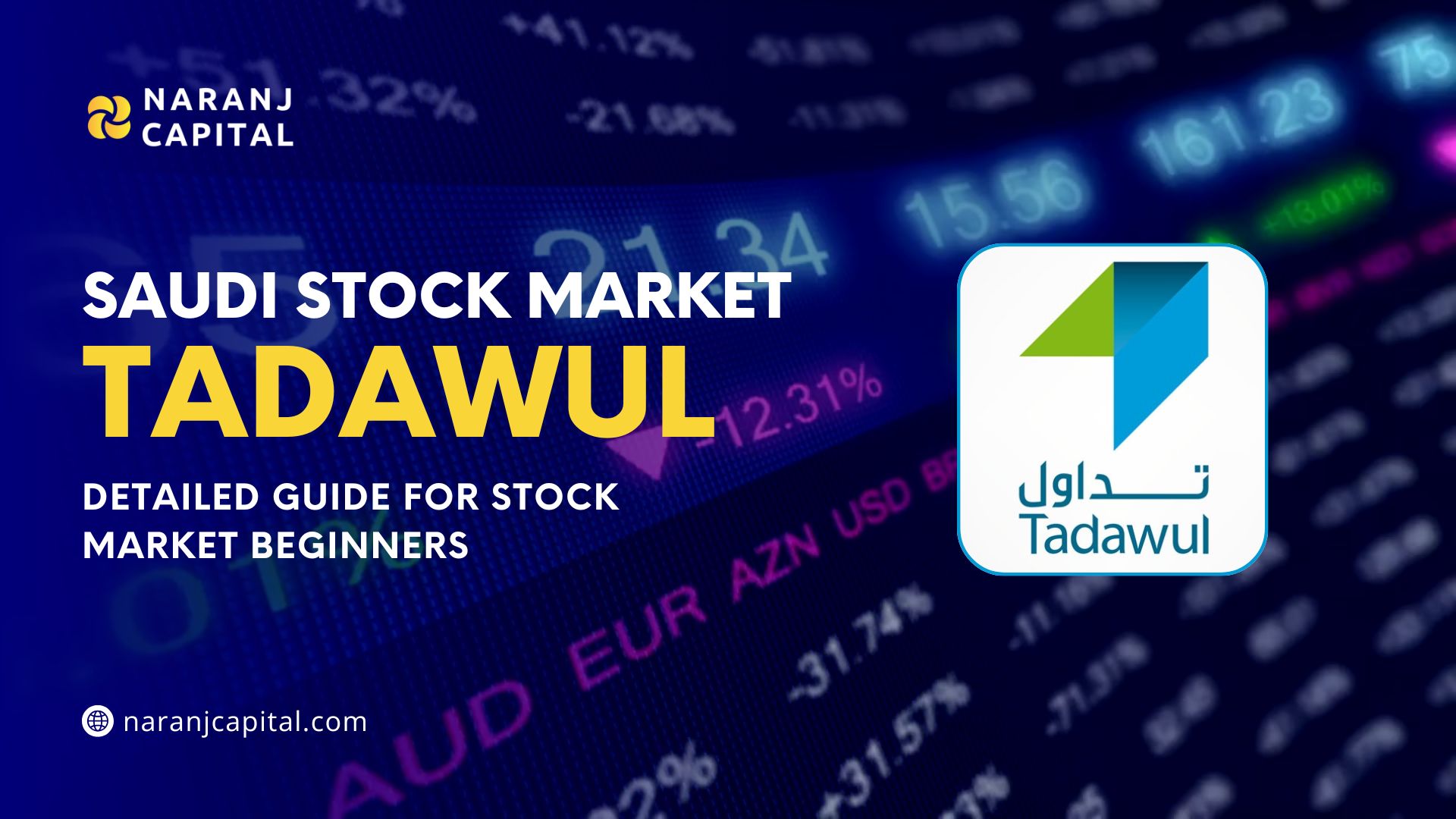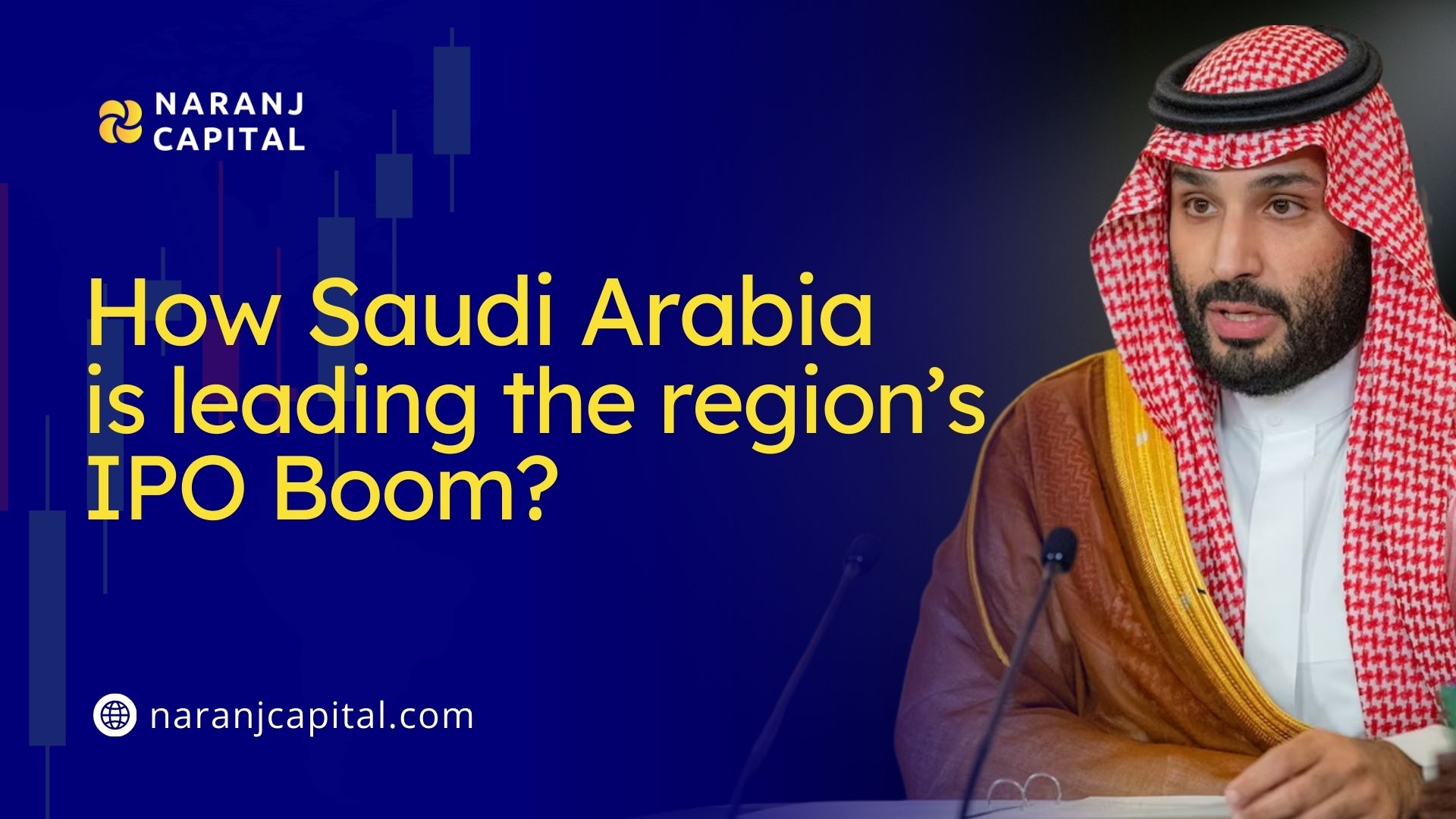1. An Overview of Saudi Arabia’s Economy
Saudi Arabia is the largest economy in the Middle East, and is globally recognized for its vast oil reserves—ranking second worldwide. Oil exports have long been the main pillar of its economy, heavily influencing government revenue, GDP, and foreign reserves. As a leading Organization of the Petroleum Exporting Countries (OPEC) member, the Kingdom plays a vital role in managing global oil supply and prices. However, this dependence makes the economy vulnerable to oil market volatility.
To reduce their reliance on oil, Saudi Arabia launched Vision 2030, a reform plan focused on diversifying the economy and fostering innovation in different sectors. The strategy promotes growth in non-oil sectors such as tourism, technology, entertainment, and mining. Major initiatives like NEOM, along with increased openness to investors and tourists, have supported steady non-oil GDP growth. These changes are steadily transforming Saudi Arabia into a more dynamic, diversified, and resilient economy.
As the market landscape evolves, traders and investors are looking for actionable insights to capitalize on these dynamic opportunities. At Naranj Capital, we specialize in providing expert Saudi stock trading ideas tailored to current market trends and sectors benefiting from Vision 2030 reforms. We help you identify promising opportunities and make informed investment decisions in this rapidly changing environment.
2. Getting to know the Saudi Arabia’s Stock Exchange
The Saudi Stock Exchange (Tadawul) is the Kingdom’s official and only stock exchange. Although formalized as a joint-stock company on March 19, 2007, under the Capital Market Law of 2003, Saudi stock trading began informally in the 1950s and became more structured in the 1980s.
As of 2025, Tadawul has a market capitalization of around SAR 10.277 trillion (~USD 2.74 trillion), making it one of the world’s largest exchanges. It hosts over 239 listed companies (as of late 2024) across diverse sectors such as insurance, banking, petrochemicals, pharmaceuticals, retail, and telecom. One of its most prominent listings is Saudi Aramco, which conducted the largest IPO in history in 2019.
3. Structure of the Saudi Arabia's Stock Market
The Saudi stock market operates under Tadawul and is divided into two primary segments:
1. Main Market
Companies can access the Main Market by conducting an Initial Public Offering (IPO), which allows them to raise new capital or offer liquidity for current shareholders. To be eligible for listing and public offering, companies must meet specific criteria:
- Minimum market capitalization: SAR 100 million (approx. USD 26.6 million)
- Profitability: At least 3 years of profitability
- Free float shares: Minimum of 20% (reducible to 15% in certain cases)
- Corporate Governance: Full compliance with regulations issued by the Capital Market Authority (CMA)
2. Nomu – Parallel Market
Introduced in February 2017, Nomu serves as an alternative platform designed for smaller companies, startups, and family-owned businesses. While it offers more flexibility, it still provides access to public capital and investor exposure. To be eligible for listing on Nomu or Parallel Market, companies must meet following requirements:
- Minimum market capitalization: SAR 10 million (approx. USD 2.66 million)
- Profit history: Not required
- Free float shares: Minimum of 20%
3. Debt Market
The Saudi Debt Market is a key component of the Kingdom’s financial system. It offers various fixed-income instruments to investors. It allows trading and investing in government bonds, Sukuk (Islamic Bonds), corporate bonds, and treasury bills.
4. Major Saudi Stock Market Indexes
1. TASI – Tadawul All Share Index
TASI is the primary benchmark of the Saudi stock market. It includes all listed companies on Tadawul’s Main Market and reflects the overall market performance. The index began in 1985 with a base value of 1,000 and was restructured in 2008. It reached its historic peak—over 19,000—in 2006.
2. NOMUC – Nomu Parallel Market Index
This index tracks the performance of the Nomu Parallel Market and is considered a key indicator of how smaller or emerging companies are performing.
3. MT30 – MSCI Tadawul 30 Index
This index was launched through a collaboration between Tadawul and MSCI. It tracks the 30 largest and most liquid stocks listed on the exchange. MT30 serves as the benchmark for financial products such as ETFs and index futures.
5. Key Sectors & Major Listed Companies in Saudi Stock Market Tadawul
- Financials (Banks & Insurance)
- Weight in TASI ~40%
- Major Companies - Al Rajhi Bank (Tadawul 1120), Saudi National Bank (Tadawul 1180), Riyad Bank (Tadawul 1010) - Petrochemicals
- Weight in TASI ~20%
- Major Companies - SABIC (Tadawul 2020), Saudi Kayan (Tadawul 2350), Yansab (Tadawul 2290) - Energy
- Weight in TASI ~15%
- Major Companies - Saudi Aramco (Tadawul 2222) - Telecommunication
- Weight in TASI ~10%
- Major Companies - Saudi Telecom Company (Tadawul 7010) - Health Care
- Weight in TASI ~5%
- Major Companies - Dr. Sulaiman Al Habib Medical (Tadawul 4013)
6. Regulatory Bodies of Saudi Arabia’s Financial Markets
The Saudi stock market is regulated by:
- Capital Market Authority (CMA): Regulates and develops the capital market by issuing rules and ensuring transparency.
- Saudi Central Bank (SAMA): Oversees banking, insurance, and financing sectors.
- Ministry of Commerce (MC): Promotes commerce and investment development.
- Ministry of Investment (MISA): Supports investment performance and local investments.
7. Financial Instruments Traded on Saudi Stock Market Tadawul
Tadawul offers a range of financial instruments to meet the needs of various investors. These instruments allow participation in the capital market through direct investment, income generation, or diversification. Here are some of the key financial instruments traded on Tadawul:
- Equities (Stocks): Shares of public companies listed on the Main Market or Nomu. Investors can earn through price appreciation and dividends. For those seeking ethical investments, Saudi Tadawul features a wide selection of Shariah compliant halal stocks that meet Islamic finance standards. These stocks are rigorously screened to ensure compliance with Shariah, making them suitable to benefit from both potential capital gains and dividend income while adhering to Islamic investment principles.
- Sukuk & Bonds: Debt instruments—Sukuk are Shariah-compliant and represent ownership in assets, while bonds pay fixed interest. Both provide more stable, fixed-income returns.
- ETFs (Exchange-Traded Funds): Funds that track indices or sectors and trade like stocks. They offer diversification in a single investment and are ideal for passive investors.
- REITs (Real Estate Investment Trusts): Allow investment in real estate assets through publicly traded units. Investors earn from rental income without owning physical property.
- Derivatives: Currently include futures based on the MSCI Tadawul 30 Index (MT30). These are used for hedging or speculation.
- Right Entitlements: These allow shareholders to buy additional shares at a discounted price or sell the rights on the market.
8. Trading Mechanism and Operations
The Saudi Stock Exchange operates through a fully electronic trading system and follows a structured daily schedule:
A. Trading Schedule
Trading Days: Sunday to Thursday (closed on Friday and Saturday)
- Pre-Opening Session (9:30 AM – 10:00 AM): Investors can place, cancel, or modify orders, but no trades are executed. This session helps in determining opening prices.
- Continuous Trading Session (10:00 AM – 3:00 PM): Live trading takes place; orders are matched and executed in real time.
- Closing Auction (3:00 PM – 3:10 PM): Final price discovery session where closing prices are calculated.
- Trade at Last (3:10 PM – 3:20 PM): Allows orders to be executed at the closing price of the day.
B. Order Types
- Limit Orders: Buy or sell at a specified price or better.
- Market Orders: Execute immediately at the best available price.
- Auction Orders: Used only during opening or closing auctions.
- Stop Orders: Triggered when a stock hits a pre-set price level.
C. Price Controls & Volatility Management
- Most securities are limited to ±10% daily price movements
- Circuit breakers suspend trading temporarily if a stock moves ±10% within the first 15 minutes of the trading session.
- In the Nomu Parallel Market, the limit is broader at ±30%
D. Settlement Process
- Tadawul uses a T+2 settlement cycle, meaning:
- Trades are finalized two business days after execution
- Buyers must pay and sellers must deliver shares within this time frame
- Same-day settlements (T+0) are not available
9. Conclusion
Saudi Arabia’s stock market (Tadawul) is a growing hub for investors, offering opportunities in energy, banking, and tech sectors. With strong regulatory oversight and diverse financial instruments, it’s an attractive market for both local and international investors.
Whether you're interested in blue-chip stocks like Aramco or exploring Sukuk and ETFs, Tadawul provides a dynamic platform for wealth creation.
Ready to trade or invest? Subscribe to our premium Saudi stocks trading signals and grow your wealth.
More Reference
https://www.saudiexchange.sa/wps/portal/saudiexchange/rules-guidance/all-faqs










